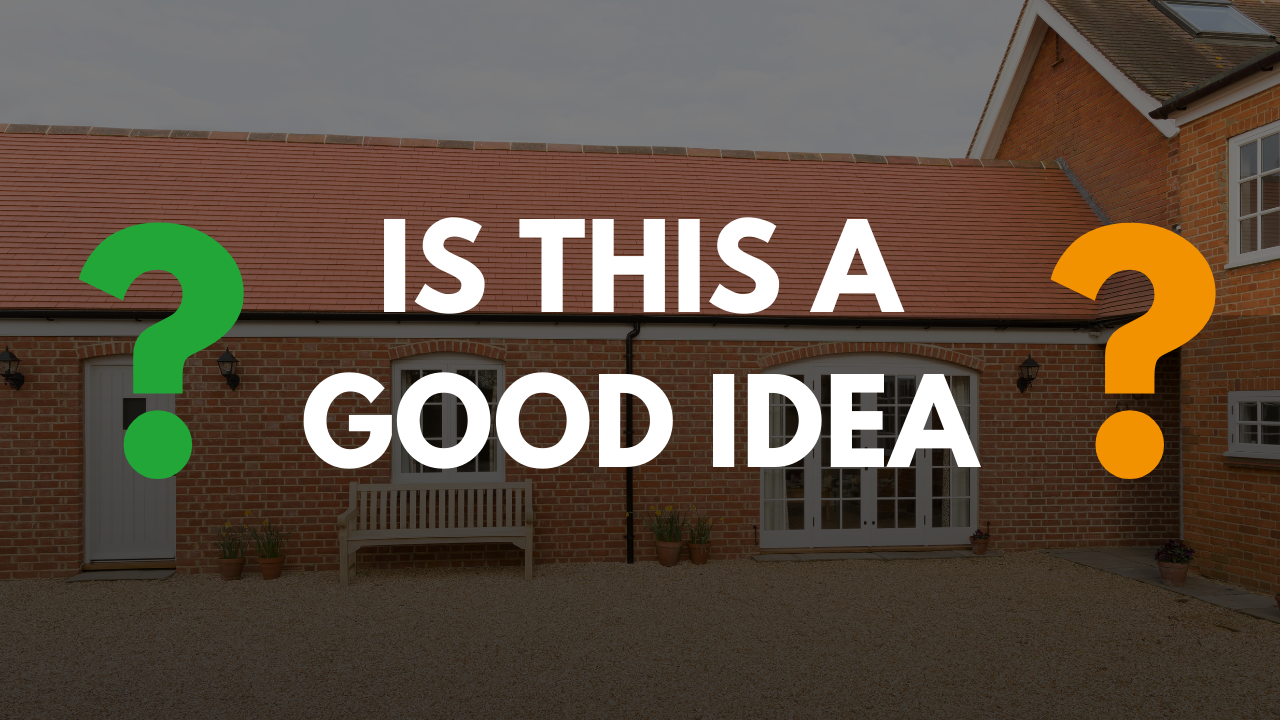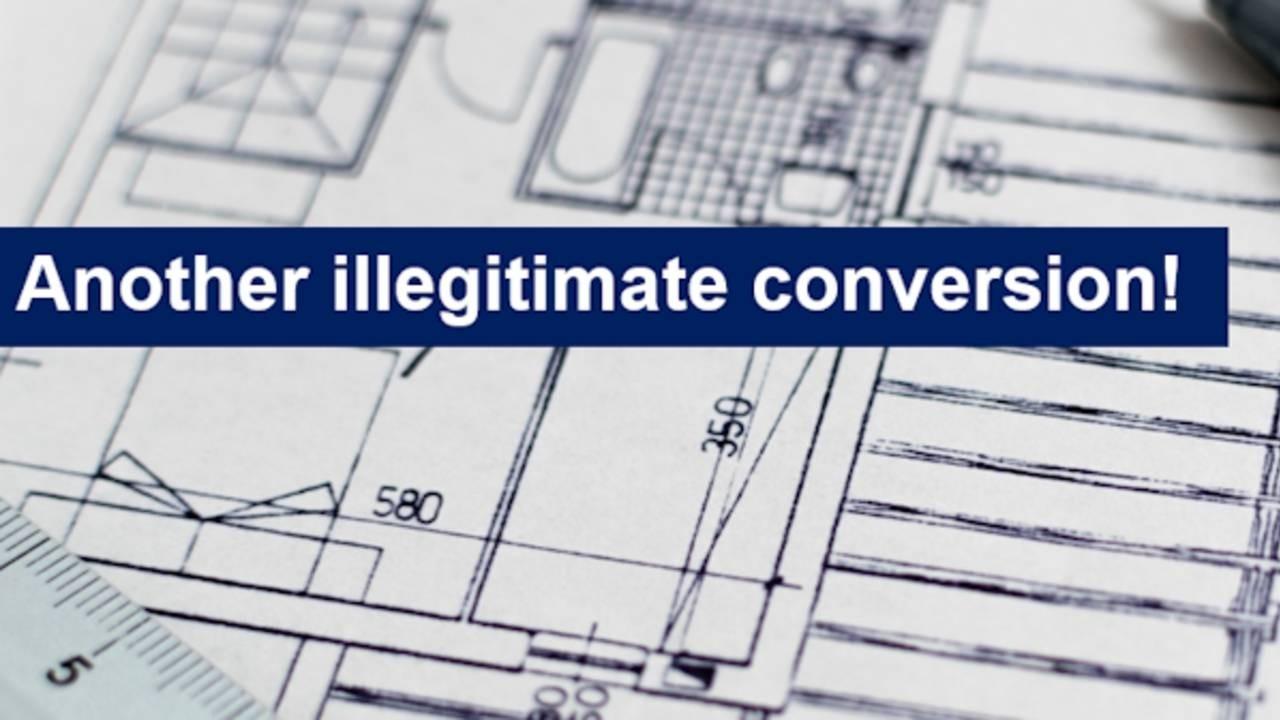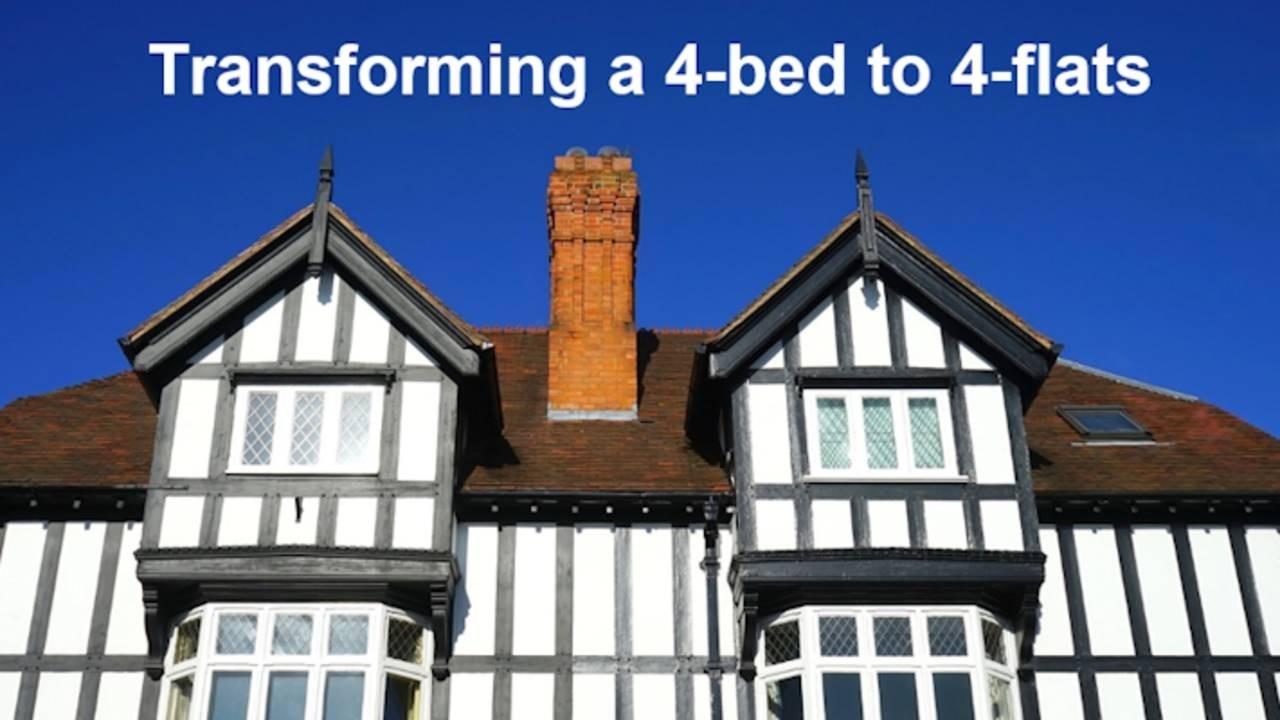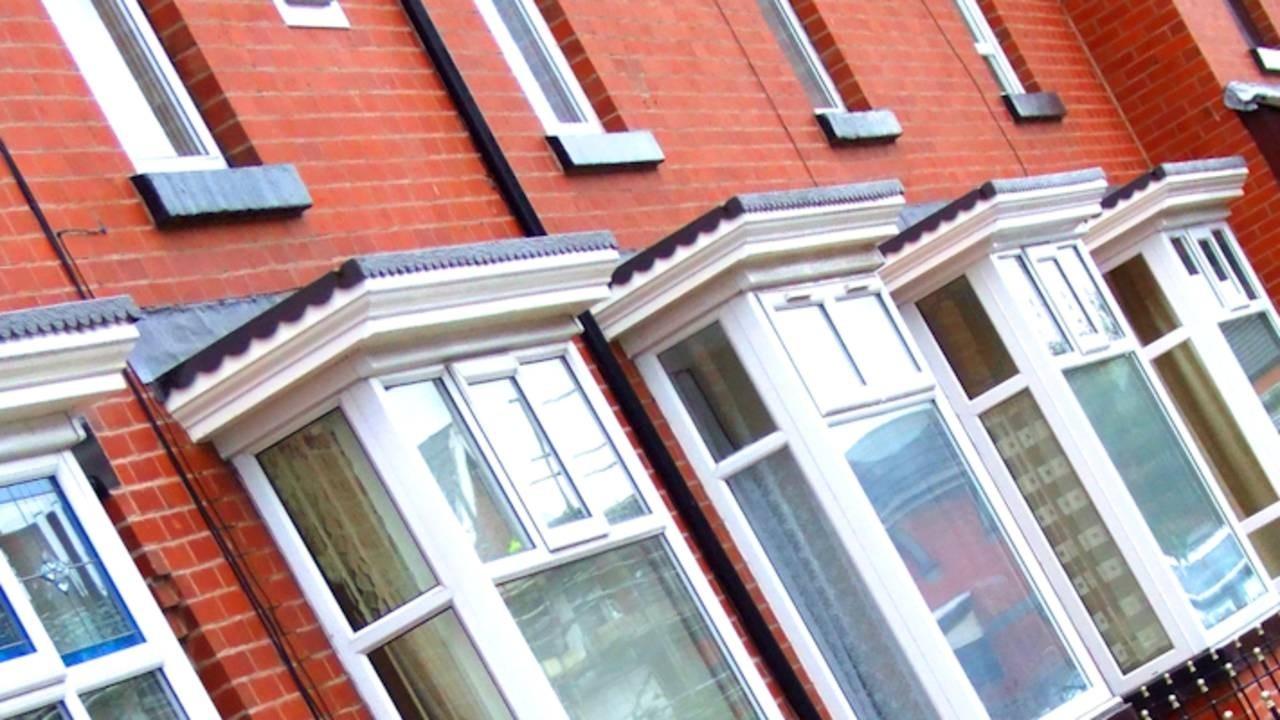Are You a Hare Or a Tortoise?

This is a case study with two different investors with £100K to invest:
Amy decided to use her £100K to buy a property cash, refurb it and refinance it.
George was looking to invest his £100K in four buy-to-lets (BTLs) in good areas and in good condition.
Amy was really lucky, she got a property below market value, the refurbishment went well, there were minor additional costs as the team uncovered problems when they lifted up the floor but, overall, upon refinance Amy had a deal that generated a healthy return.
She left only £23K in the property meaning she got all of her money back apart from £23K.
George however went for a different strategy, he purchased four turnkey BTLs in areas that provided good capital appreciation and rental demand. George's properties were located in two of the best cities for growth predicted by Savills. George only spent a total of £98K as he's purchasing on a mortgage and not spending anything on the refurbishment. With a friendly estate agent h...
First Steps To Flipping

THE QUESTION
We’re new to investing. We have 5 BTL but they’ve all been bought locally at market value. We have had these properties for nearly a year.
Our plan is to start flipping properties and we have a pot of £115k to invest. However, properties in our area are really expensive. I’ve explored auction, but we’re not ready for this yet. We will be using bridging finance.
My question is;
- How do we even compete against other investors that have millions??
- Are we running before we can walk?
- And can anyone recommend any advice? What areas are best?
The plan is to flip to build more equity and then our aim is flip one a year and buy one BTL a year.
THE ANSWER
‘How do we even compete against other investors that have millions?’ Your perception here is misplaced, there are certainly people who have millions in the property game, but you won’t be completing with them. Why? Simple, they have much bigger fish to fry than the value of properties you will be after. Someone wi...
Creative property repurposing

THE QUESTION
I have a semi-detached house with a garage and wanted to extend the existing garage into a granny annexe.
In the future I would like to split the deeds and keep the granny annexe to live in myself and sell the house to pay my current mortgage and have an income.
I currently have an interest only mortgage which ends in about 10 years, and my mortgage company said to put a request in to them and they would converse with land registry, if they agreed I could go ahead’
Is this a feasible project?
THE ANSWER
Here is the biggest barrier you face - the mortgage lender’s T&Cs.
if by 'granny annexe' you mean a self-contained fully functional living space with its own entrance, it’s not the regulations that prevent you, it is the mortgage lenders T&Cs - what they will and won’t allow you to do while they have a charge over your property for the money they lent to you.
Splitting the title is only part of he challenge. First you need to know if they would permit you to chan...
Cash buyer – with no cash!

Cash buyers get better deals. They can negotiate substantial discounts on the asking price for properties, sometimes even as much as 50% below market value if there’s a really motivated seller.
The need to get a mortgage slows things down and can take months, so the ability to get the deal done in under a month can be very attractive to a seller who wants to get money out and move on.
I’ve explained how bridging works in many of my blogs, but to really see how it operates here’s a fairly typical case study.
The investor: An experienced investor, but not with bridging finance. He had about £38K in actual cash available.
The property for sale: A former care home, originally a terrace of six houses, that had closed due to the owners being unable to afford to meet the Care Quality Commission standards. It had been on the market for some time – with no interest.
The asking price: £350,000
The plan: To apply for permission to convert it to an 18-unit HMO.
The cost of conversion...
Another illegitimate conversion!

THE QUESTION
I am considering buying a flat that was converted in 2008 – without planning permission. The landlord tried to get retrospective planning permission two years after conversion (2010), but the Council rejected the application.
Now the property is up for sale and I think a bridging loan wouldn't be a problem, but a mortgage company would ultimately require an indemnity policy. Is there a helpful solicitor willing to scan through the papers for me before I spend ludicrous amounts of money on a no-go?
THE ANSWER
Bridging finance would certainly work in terms of securing the purchase.
A mortgage lender would require a legitimate conversion, not the current illegitimate one – in other words, a Certificate of Lawfulness.
To get a mortgage you, as the new owner, will need to get planning approval (CoL) for the flat. No planning approval = no mortgage = no way to repay the bridging loan. An indemnity policy is a red herring.
The Council planners rejected the current land...
Transforming a 4-bed to 4-flats

THE QUESTION
We are converting a 4-bed house into 2 x 1 bed flats and 2 x 2 bed flats. We were going to sell, however we are now thinking about forming a company, keeping and renting them through this. Which lenders lend on a development which has just started please? Should we put one property into a company or four separate units?
We bought it in joint names personally with a mortgage. We have done the footings and part of the build.
THE ANSWER
If you want to keep a property converted into four flats that will be a commercial mortgage and it will be possible to keep the property on a single title post conversion.
One point to clarify; presumably you have obtained planning permission to convert into four flats, or you bought the property with existing planning permission? No mortgage lender will touch an illegal conversion with a bargepole and it is the first thing any lender’s surveyor checks with the local planning office when valuing converted flats.
Commercial mortgage lende...
Buying my first flip or rent property

THE QUESTION
I have been sourcing properties now for nearly 12 months and now I am looking to buy my first property to flip or rent, but I would like to clarify the processes I need to go through.
I am looking to buy a 3-bed terrace and split it in to two 1-bed apartments. Can I split the title through permitted development? What costs are there in this?
I want to use a money in/money out strategy via bridging – what is your advice?
THE ANSWER
First things first, this is not a Permitted Development deal; to convert a house to flats requires Planning Permission. Many landlords have just gone ahead and carried out a conversion without planning approval, unaware that they have just made their property unmortgageable; no lender will give a mortgage on an illegal conversion. (This is one of the goldmine categories of unmortgageable properties that I teach investors to make outrageous offers on at my workshops, as it is cash buyer territory only.)
So the first step will be to get pl...




